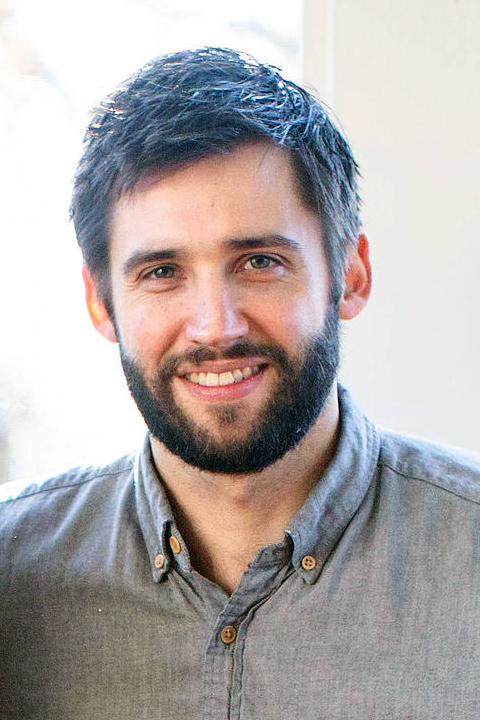David Boyd
 |
Assistant Professor of MCD Biology B.S. Biology, University of Virginia Ph.D. Pathobiology, Department of Global Health, University of Washington Postdoctorate, Department of Immunology, St. Jude Children’s Research Hospital |
Respiratory viral infections in humans can result in a wide spectrum of disease ranging from asymptomatic infection to severe complications, such as acute respiratory distress syndrome. In cases of severe infection, immunopathology - tissue damage caused by the host’s immune response and associated inflammation - is the primary driver of morbidity and mortality. The host must, therefore, strike a balance between mounting a robust immune response to clear the infection (disease resistance) and limiting the amount of collateral damage to the respiratory tract to maintain tissue function (disease tolerance).
The Boyd lab studies the host factors that determine disease severity following respiratory viral infections in order to identify new therapeutic targets to improve disease outcomes. Using influenza virus infection as a model, we study the role of lung stromal cells in regulating immune responses in the respiratory tract and balancing disease resistance and tolerance. Stromal cells make up the connective tissue and provide structural support for organs by generating and modifying the extracellular matrix. We discovered that, early during influenza infection, lung stromal cells also play a critical role in orchestrating immune responses in the respiratory tract. Upon activation during infection, stromal cells turned on a diverse set of inflammatory programs and modified the extracellular matrix to direct the movement of immune cells. In cases of severe disease, overactive stromal cells promoted lethal immunopathology. Thus, lung stromal cells are key decision makers in determining the balance between immunopathology and maintenance of lung function during respiratory viral infections.
In order to better understand how stromal cells shape the host response to respiratory viruses and how they can be manipulated to prevent severe disease, we are studying the following questions:
1) What are the signals that determine how and when stromal cells respond to infection? Does the response depend on location in the respiratory tract?
2) How long do stromal cells remain activated following infection? Do they ‘deactivate’ after infection?
3) How do the responses of lung stromal cells change with age? Do changes during old age influence susceptibility to severe disease?
Please follow this link to find the lab's publications in the National Library of Medicine's PubMed database.
